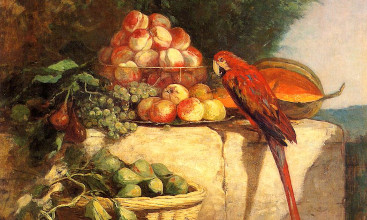Jack London? Robert Louis Stevenson? Josh Billings? Henry Wheeler Shaw? H. T. Leslie? Edgar O. Achorn? Albert J. Beveridge? Frank Crane? Dale Carnegie?
Question for Quote Investigator: Life is particularly challenging if you are born with medical impairments or negligent parents. Metaphorically, while playing cards you may be dealt a poor hand. You are triumphant when you play the cards you have received well.
An adage of this type has been credited to U.S. novelist Jack London, Scottish storyteller Robert Louis Stevenson, American humorist Josh Billings, and others. Would you please explore this topic?
Reply from Quote Investigator: The earliest match located by QI appeared in the 1868 book “Josh Billings on Ice, and Other Things” by Henry Wheeler Shaw who used the pseudonym Josh Billings. The chapter containing the quotation was called “Perkussion Caps”, i.e., “Percussion Caps”. Billings often employed nonstandard spelling. Here were three short items from the chapter. Boldface added to excerpts by QI:1
“Give me liberty, or giv me deth”—but ov the 2 I prefer the liberty.
As in a game ov cards, so in the game ov life, we must play what is dealt tew us, and the glory consists, not so mutch in winning, as in playing a poor hand well.
The time tew pray is not when we are in a tight spot, but jist as soon as we git out ov it.
Here are the three items using standard spelling:
“Give me liberty, or give me death”—but of the two I prefer the liberty.
As in a game of cards, so in the game of life, we must play what is dealt to us, and the glory consists, not so much in winning, as in playing a poor hand well.
The time to pray is not when we are in a tight spot, but just as soon as we get out of it.
Below are additional selected citations in chronological order.
Continue reading “Quote Origin: We Must Play What Is Dealt To Us, and the Glory Consists Not So Much In Winning As In Playing a Poor Hand Well”



